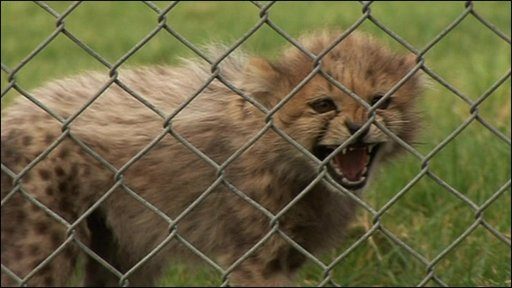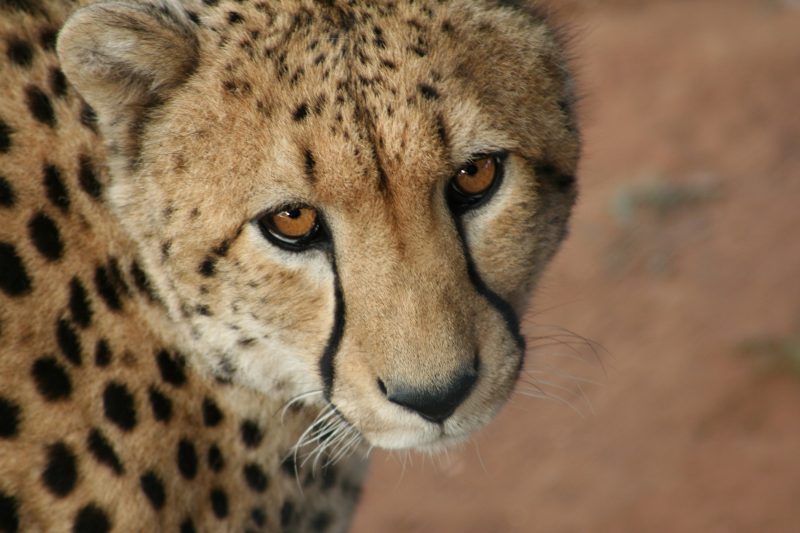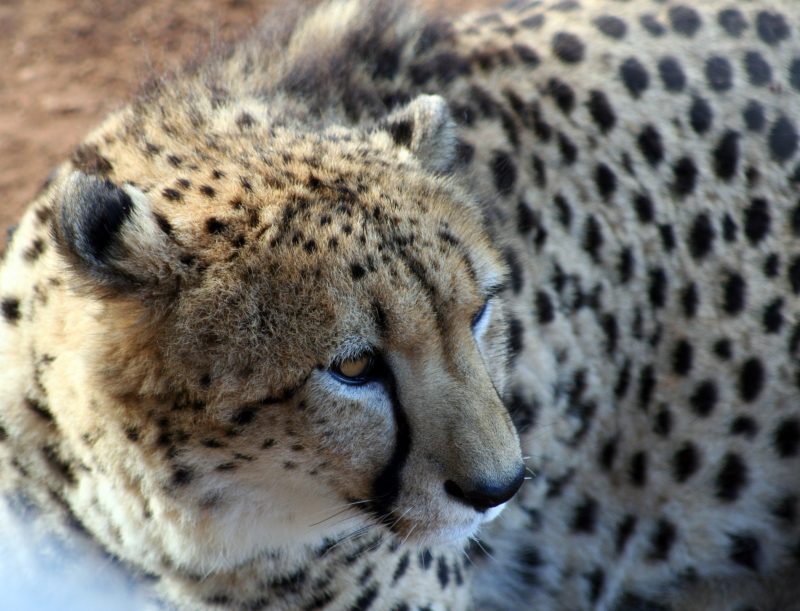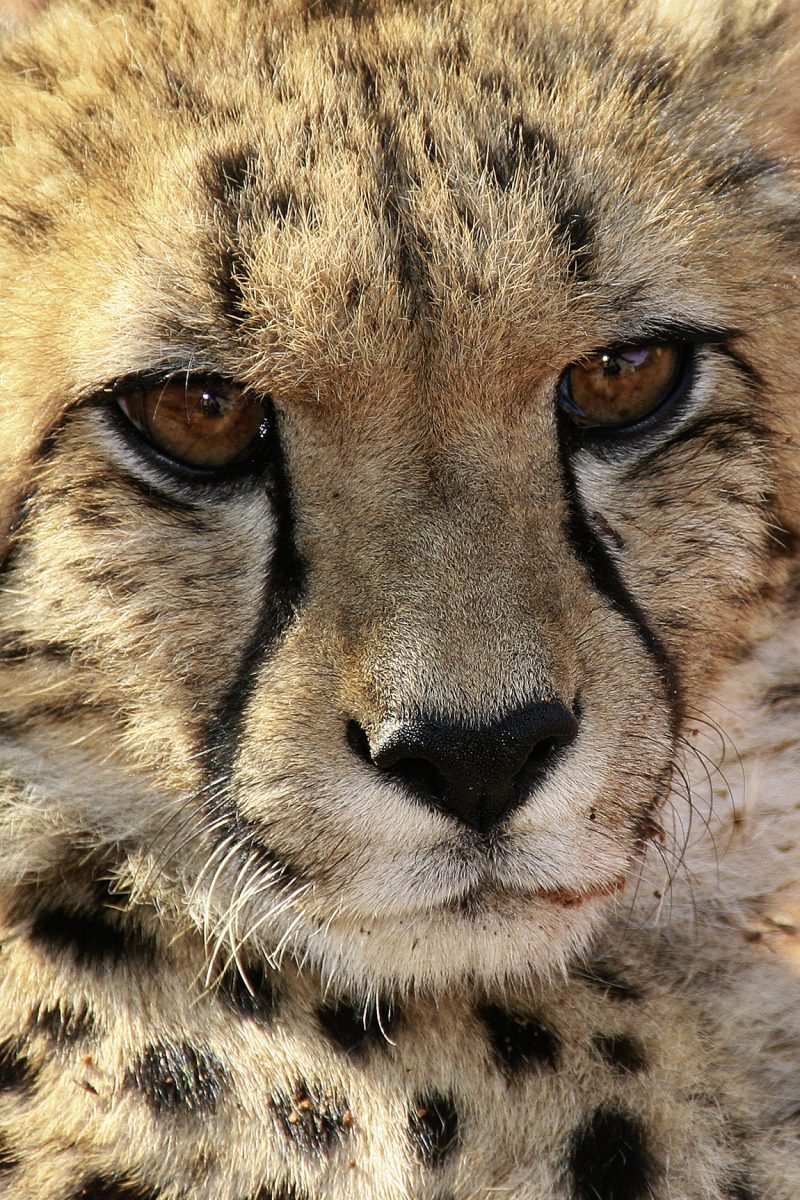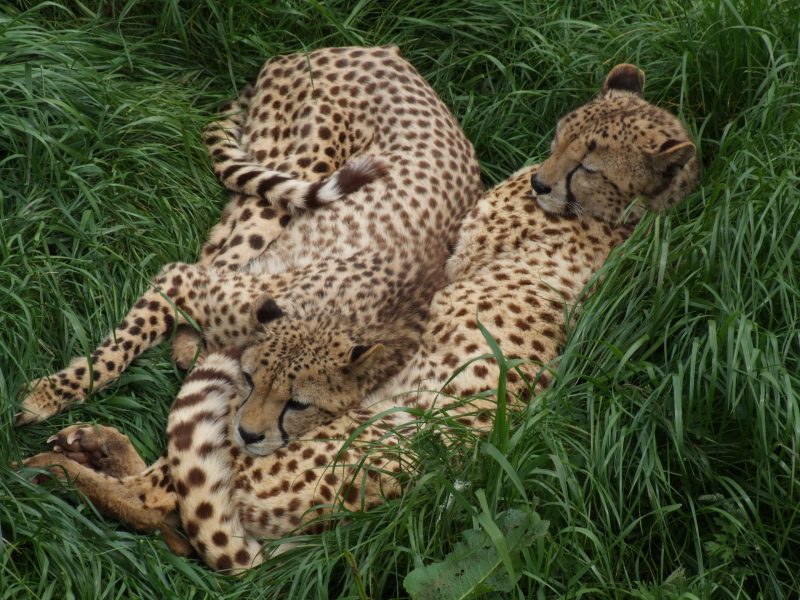Cheetahs In Kenya Poached For Pets
Awildlife safari in Kenya is never complete without spotting the fastest running animal in the world. Cheetahs, with their lightning speed of 75 miles per hour and striking markings, are one of the most impressive species on planet earth. Although wild, these magnificent cats exemplify beauty, grace, agility, and ferocity for many people.
Gentle wild animal
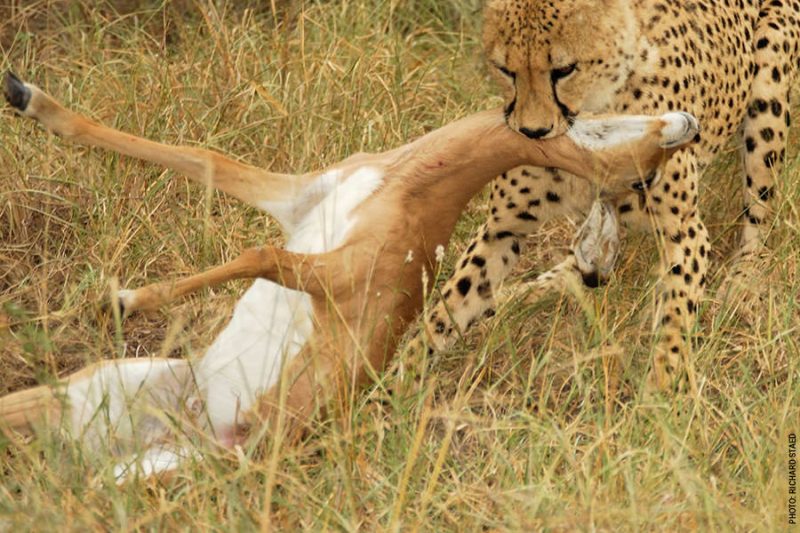
Throat bite Source: Cheetahs Alive
Cheetahs are nowhere near as dangerous as tigers, lions, leopards, and all other cats. They are the least dangerous of them. Cheetahs are the only cats with whom zoo visitors can have direct contact without jeopardizing human life. Cheetahs also flee if a person makes eye-to-eye contact or approaches them, unlike other animals who prepare to pounce instead. The reason why cheetahs are safer than other big cats is that unlike other big cats, cheetahs are rather selective about the prey they hunt, and they kill only by biting the neck. But they do not bite more than they can chew. Besides, cheetahs do not possess the muscles of other fat cats.
Illegal pet trade
Many wealthy people are interested in keeping cheetahs as personal pets. But they are ignorant and lack the information on how to domesticate them. Many are not even aware of what an exotic pet is. However, cheetahs by definition do qualify as exotic pets. Traffickers sell the cubs of these exotic pets for tens of thousands of dollars, making them a favorite choice for some. Therefore, cheetahs have become victims of illegal pet trade, a multi-billion-dollar industry. The shadowy world of the pet trade endangers people, animals, and environment. And there exist strict regulations and hurdles in importing cheetahs. But still, there is no sign of it slowing down.
Taming in captivity
Although cheetahs are not as dangerous as other cats, domesticating the animals is incredibly difficult. It takes thousands of years of taming by experts to make them domestic pets. There are certain limitations when bringing up cheetahs. People have been killed or seriously injured trying to interact with cheetahs. Hand raising them and treating them like cats and dogs does not make them safe either. Caring for cheetahs is unlike that of a domestic animal. Even if they have been brought up from a young age, news reports abound of their attacks. Being forced to live in captivity can lead to extreme stress as it prevents them from exhibiting natural instincts. And out of this frustration, cheetahs can often become destructive and may cause havoc. Urine spraying is one such behavior. As invasive animals, they are a danger to clueless pet owners.
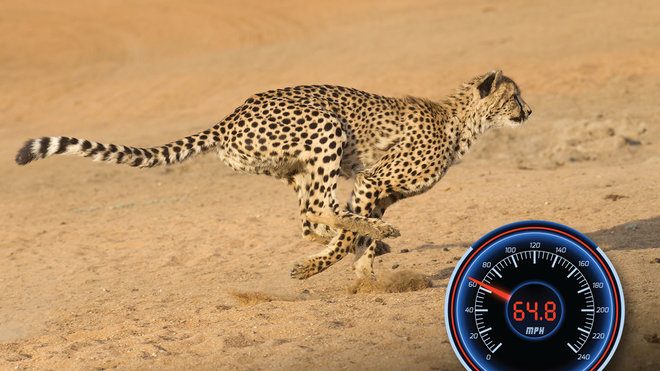
Cheetahs run for miles in their habitat, leading the pet owners to resort to ridiculous measures, such as putting them on a treadmill Source: BBC
One of the many reasons it is not advisable to keep cheetahs as pets is the amount of care they require. People who buy a cheetah do so without understanding the cost of feeding it. People do not have the knowledge or resources to properly take care of them, who often suffer from physical, emotional and nutritional problems. Cheetahs run for miles in their habitat, leading the pet owners to resort to ridiculous measures, such as putting them on a treadmill. Cheetahs can also carry parasites, bacteria, and viruses and cause diseases to human beings.
Diet and nutrition
Cheetahs have specific nourishment needs. Those cheetahs that are hand-reared are prone to nutritional deficiencies. They need the vitamins in addition to the appropriate calcium and phosphorus ratios in their diet. They must also have special diets that address their nutritional needs. Otherwise, they will be malnourished, which they often suffer. The mother cheetah’s poor nutrition will also affect the cubs. Also, stress may cause the mother to cannibalize their young or abandon them. Many cheetah owners end up feeding them prime cuts of meat or cat food, which cause health problems. The carnivore diet should consist of the whole prey including bones to prevent calcium deficiency and the occurrence of other dental problems that become life-threatening over time. Their welfare is enhanced if they can see their natural prey.
Lifestyle of cheetahs
Just like other pets, cheetahs are in need of their particular stimulation and environmental enrichment. Exercise is also important. Cheetahs in captivity will not reach their top speed due to a lack of conditioning. However, it is important to provide them opportunities for quick-burst running.
Breeding in captivity
Cheetahs live on an average for about eight years in the wild. But more often than not, they are poached in the wild to make babies for the pet trade. Infant mortality is very high as well due to various factors. On the other hand, in captivity, they can live for as long as seventeen years. However, cheetahs breed poorly in captivity. Only around 44% of the attempts to breed cheetahs have succeeded. Cheetahs need space to produce. Small enclosures are linked to hampered breeding success and lower male fertility. Cheetah’s living areas should be vast and concrete structures.

Mating Source: Cat collection
Breeding these solitary animals requires knowledge of the mechanisms that entice them to produce. Females and males must be isolated from each other to encourage breeding. When males are ready to mate, they must be in the enclosure where there has been a female. If he exhibits signals of wanting to breed, then she will be introduced. All of these require luck, many large enclosures, and good animal sense. On the contrary, the breeding facilities are often horrendous. They resemble factory farming where cheetahs are kept in tiny cages and bred over and over. Also, the traditional zoo environment is noisy and too stressful for successful breeding efforts.
Difficulty in integration
Most professionals understand the inadequacies of hand-rearing big cats in captivity if they plan to release the animals into a natural setting eventually. Pets are weak candidates for successful integration. The wild cat’s critical development entails necessary changes that adapt them to wild living. A pet cheetah is not privy to this living.
5 Frequently Asked Questions About Cheetah Poaching
To receive a colourful digibook about cheetah with videos, images and text, please fill out the following form or simply email us on safaris@safari-center.com

